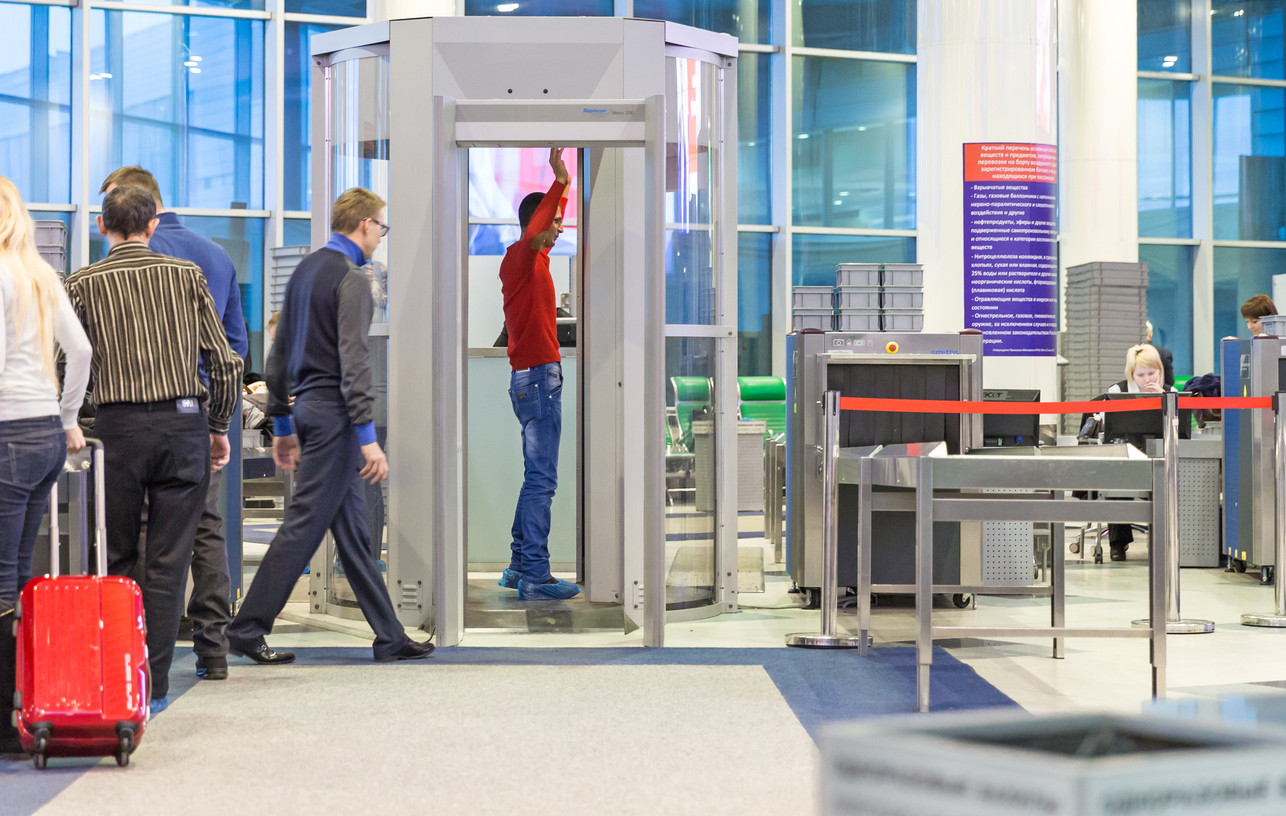The Government of Canada announced, at the World Economic Forum (WEF) last week, it will test a new program called the Known Travel Digital Identity (KTDI) system.
The goal of the system is to improve security and flow of international travel using cryptography, biometrics, and distributed ledger technology, according to WEF.
Canada will collaborate with the Kingdom of the Netherlands to pilot this project and demonstrate the benefits that these technologies can offer, according to Airport World.
Part of the reason this program came about is the projected surge of travellers. The WEF reported that international air arrivals will reach an estimated 1.8 billion passengers by 2030, which is a 50% increase from the 2016 report of 1.2 billion arrivals.
To accommodate the growth of international travellers, according to the WEF report, it will be necessary to utilize emerging technologies such as the KTDI system.
Canada’s Minister of Transport Marc Garneau agreed that innovation will be essential for ensuring a safer and enjoyable travel experience.
“Leveraging new technological advancements can support risk-based approaches to public safety and security, making air travel more efficient while improving the travel experience,” Garneau said.
The KTDI pilot is the first step in an ambitious roadmap for both public and private sector leaders to start small and scale fast to radically transform the border-crossing experience for the majority of legitimate travellers, according to the WEF.
The new system will give travellers the option to share their information with authorities in advance of their travel dates to bypass typical security measures. This also helps authorities detect potential threats and risks early on.
Ideally, a traveller will share their identity information with authorities like a resident card, proof of vaccinations, a list of visited places, etc., all of which is secured by cryptography on blockchain.
In this way, according to Liselotte de Maar, the managing director of Accenture’s Travel practice, the system can essentially let “receiving organizations” know who they are going to be dealing with ahead of time.
“The KTDI concept removes friction from travelling while ensuring greater security at each touchpoint, from hotel check-in to border control,” Maar said.
Several other organization will be joining the project efforts including the International Criminal Police Organization (INTERPOL), the UK National Crime Agent, and the US Department of Homeland Security and Commerce in addition to several commercial participants, according to ETHNews.


